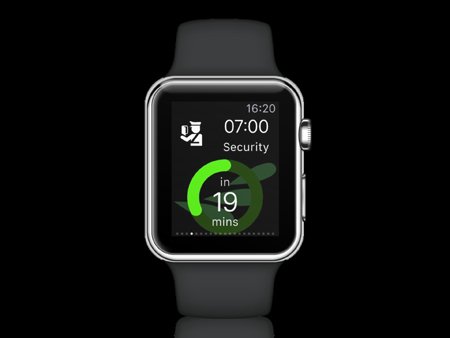Technology
AN APPLE A DAY LETS THE MILLENIALS PLAY
Published by Gbaf News
Posted on March 22, 2016
1 min readLast updated: January 22, 2026

Published by Gbaf News
Posted on March 22, 2016
1 min readLast updated: January 22, 2026

Explore more articles in the Technology category











